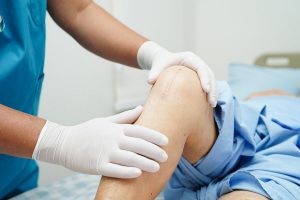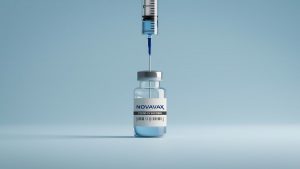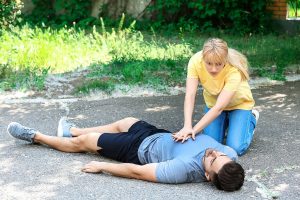
Hope may help prevent you from doing things that aren’t good for you, a new study claims. The investigators wanted to find out why some people are more likely to fall into risky behaviors, such as gambling, drinking too much, taking drugs and overeating. To do this, the team at the University of East Anglia in the United Kingdom focused on something called relative deprivation, which is when a person feels that other people have things better in life. “I think most people have experienced relative deprivation at some point in their lives. It’s that feeling of being unhappy with your lot, the belief that your situation is worse than others, that other people are doing better than you, ” said researcher Shahriar Keshavarz, from East Anglia’s School of Psychology. “Relative deprivation can trigger negative emotions, like anger and resentment, and it has been associated with poor coping strategies, like risk taking, drinking, taking drugs or gambling,” he explained in a university news release. “But not everyone scoring high on measures of relative deprivation makes these poor life choices. We wanted to find out why some people seem to cope better, or even use the experience to their advantage to improve their own situation,” Keshavarz said. “There is a lot of evidence to show that remaining hopeful in the face of adversity can be advantageous,… read on > read on >






























-300x200.jpg)
